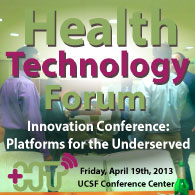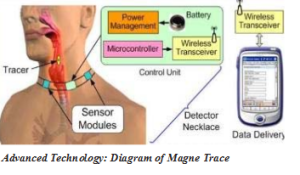Home health technology for the underserved – expert to speak at San Francisco conference!
The upcoming Health Technology Forum Conference held on April 19th in San Francisco will feature a full day of presentations, panel discussions, workshops and health tech demonstrations focusing on Platforms for the Underserved.
We are periodically profiling speakers and panelists at the event, starting last week with speaker Dennis Boyle, designer of the original Apple mouse and head of Health and Wellness projects at IDEO, a leading Silicon Valley design firm.
This week, we feature Dr. David Lindeman Ph.D. of the Center for Technology and Aging. Dr. Lindeman received his PhD and MSW in social welfare, health services research, and gerontology from the University of California, Berkeley. He and his team are experts in using technology to keep our aging population healthy including tools to treat “dual eligibles” – the growing population of patients eligible for both Medicare and Medicaid. These people tend to have complex conditions, including mental health issues and are at risk for being institutionalized. They often do not get effective care and account for a large share of both Medicare and Medicaid spending. Dr. Lindeman will participate in a panel titled Using Technology to Support Care for Dual Eligibles.
Dr. Lindeman’s organization, The Center for Technology and Aging, focuses their research on documenting proven technology tools and practices in four high impact areas – 1) medication optimization to make sure the right pills are taken at the right time; 2) remote patient monitoring which supplements physical doctor visits and provides early warnings of potential problems; 3) post acute care tools to improve the transition from hospital to home and 4) mobile health tools, the growing set of solutions delivered by Smartphones, tablets and portable devices.
For each of these areas, the Center website provides an ADOPT Toolkit which provides implementation guides including model project plans, requests for information, requirements guidelines, templates for calculating ROI and more. A great resource! The information which the Center has developed for the elderly can be used effectively for many other types of patients who need ongoing, cost effective treatment.
The Center’s website highlights a number of interesting commercial technologies to illustrate their four focus areas. Some examples:
To improve medication optimization, MagneTrace uses a necklace to record when magnetized pills have been taken and then uses a computer or Smartphone to alert patients, caregivers and the physician when medications are not being taken as prescribed. According to developer Maysam Ghovanloo of Georgia Tech, the magnets are round, about twice the size of the head of a pin, and pass through a patient’s system within a day. They are so weak, that even if several ended up in a patient’s digestive tract at the same time, they wouldn’t clump together and create a blockage.
The Bosch Health Buddy System is a remote patient monitoring device utilizing a scale, blood pressure monitor, glucose meter, pulse oximeter and peak flow meter readings to monitor patient symptoms at home. In addition to the physical monitoring, Health Buddy uses on line questions and provides dialogues for caregivers which are used together with results of the monitoring to determine when further intervention is needed. It has been successfully tested at the Veterans’ Administration with significant reductions in hospital days. Health Buddy addresses asthma, cancer, coronary artery disease, COPD, chronic pain, depression, diabetes, hypertension other chronic diseases.
To improve post-acute care as patients move from hospital back to home, Rhode Island and Washington have developed specially designed Personal Electronic Health Records to improve information sharing among caregivers during this critical period. Information can be found for Rhode Island and Washington platforms at ER Card and Shared Care Plan respectively.
Examples of innovative mHealth tools include apps for cognitive fitness tools like Dakim Brain Fitness and Insight. PatientsLikeMe provides an important social networking tool which enables home bound patients to join an online support group with others suffering from similar conditions. Finally, for family members and other caregivers, Tyze is a useful tool to improve planning and coordination.
Check out the website and the links above, sign-up for the conference and come loaded with questions for Dr. Lindeman and the many other speakers, panelists and demonstrators!
Principal, Allen Management Consulting




